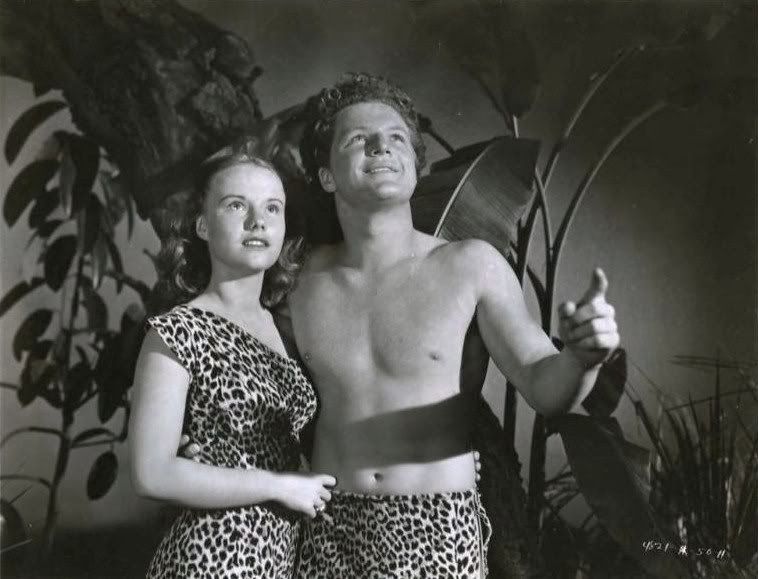Brother Walt
I just read Walter Mirisch's book I Thought We Were Making Movies, Not History. If you're a film fan, you may recognize the name. The Mirisch Corporation, which he operated with his brothers, has its name on a lot of fine movies.
Born in 1921 (and still kicking), he was the youngest son of father Max. He and brothers Marvin, Harold and Irving scrambled around during the Depression, but were able to get a foothold in the movie business. Still in his 20s, Walter started working for Monogram Pictures, one of the cheapest studios around. They had no theatres (studios owned theatres back then) and made B pictures, designed to run at the bottom of a double bill (back when theatres showed double bills).
Mirisch quickly rose to producer, learning how to do things on the cheap. One way to get a regular income was devise a series, and he came up with a Tarzan knock-off, Bomba, The Jungle Boy, debuting in 1949. He managed to create a jungle with a little studio space and a lot of stock footage. Mirisch produced a couple of these films a year until the series ran out of steam in the early 50s.
By then, he'd expanded to other projects, with somewhat higher budgets. He also became head of Allied Artists. With limited budgets, he tried to offer what he could, including a second-rate color process (better than nothing) and stars on their way up or down. He managed some hits, if nothing really first rate. During this time, B pictures were on their way out, replaced by TV. The future was first-class films. The Mirisch brothers stepped up, but most of their product failed.
They regrouped and by the end of the decade teamed up with United Artists, recently bought from original owners Charlie Chaplin and Mary Pickford, and under new management. It was here where Walter really took off.
He started working with top talent, including directors such as William Wyler, John Sturges, Blake Edwards, Norman Jewison and, above all, Billy Wilder. Walter Mirisch was behind Some Like It Hot, The Magnificent Seven, The Apartment and West Side Story, the last two winning back-to-back Oscars. Later, Walter would be help bring about such titles as The Great Escape, Irma La Douce, The Pink Panther, A Shot In The Dark, The Russians Are Coming The Russians Are Coming, Hawaii, The Fortune Cookie, In The Heat Of The Night (another Oscar winner), The Party and The Thomas Crown Affair. The Brothers had some weak years in the late 60s and early 70s, producing mostly flops, but along came Fiddler On The Roof in 1971 to fill up the coffers. He continued producing films through the rest of the 70s and into the early 80s, and then moved into television, but his best work was behind him at that point.
There are plenty of interesting stories in the book: writers who didn't work out, directors who got fired, casting that never happened, actors who wouldn't leave their trailers and so on. Alas, Mirisch's writing is stiff and repetitive. And, being a producer, he concentrates more on putting the project together and seeing how it does than the directly creative side. Still, he gives you insight on how movies are really made--there's as much happening in office suites as soundstages.




0 Comments:
Post a Comment
<< Home